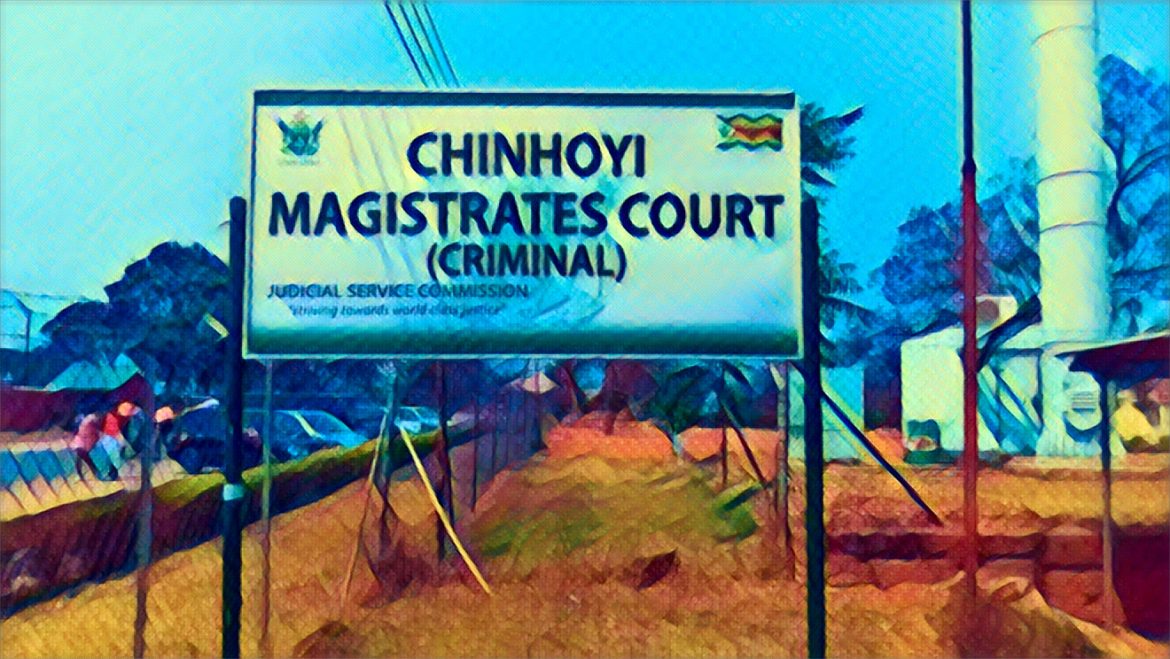Zimbabwe’s land reform policy, which aims to redistribute land from white farmers to black Zimbabweans, has been marred by controversy and conflict since its inception in 2000. The latest case involves 31 families who are facing imminent eviction from a farm in Banket, a town in the Zvimba district, to accommodate a traditional leader.
According to state papers, the new beneficiary of the farm, which measures more than 624 hectares, is Chief Zvimba, born Stanley Wurayayi Mhondoro. He was granted an offer letter for the farm in 2012, after the government changed the farm from an A1 (small-scale) to an A2 (commercial) farm and withdrew the offer letters of the previous occupants.
Legal battle
The 31 families, who have been living and working on the farm since 2001, have refused to vacate the land and have challenged the eviction order in court. They argue that they were never consulted or compensated for the change of land use and that the government’s decision was arbitrary and unlawful.
Ben Mutambu and 20 others appeared before a Chinhoyi magistrate last week and were granted US$40 bail each for illegally occupying gazetted land. Nine other villagers are still due to appear in court soon facing similar charges.
This Monday, another villager, Vitalis Guviro, was dragged before the same magistrate and charged with contravening the Gazetted Land Act. He was remanded on bail to February 26 for trial.
The villagers are being represented by the Zimbabwe Lawyers for Human Rights, a non-governmental organization that provides legal assistance to human rights defenders and victims of human rights violations.
Land reform woes
Zimbabwe’s land reform policy, which was initiated by former president Robert Mugabe as a way of redressing colonial land imbalances, has been widely criticized for being violent, chaotic and politically motivated. The policy has resulted in the displacement of thousands of white farmers and their workers, as well as the decline of the agricultural sector, which was once the backbone of the economy.
The current president, Emmerson Mnangagwa, who came to power after a military coup in 2017, has vowed to revive the economy and restore investor confidence. He has also pledged to compensate the white farmers who lost their land and to review the land reform process to ensure transparency and accountability.
However, many challenges remain, such as land disputes, corruption, lack of title deeds, poor infrastructure and low productivity. The case of the Banket farm is just one example of the unresolved issues that continue to haunt Zimbabwe’s land reform policy.
Hope for dialogue
Despite the difficulties and uncertainties, some stakeholders have expressed hope for dialogue and cooperation to address the land reform challenges. The Commercial Farmers Union, which represents the white farmers, has welcomed the government’s compensation offer and called for a comprehensive land audit and a land commission to oversee the land reform program.
The Zimbabwe Land Commission, which was established in 2016, has also embarked on a national land audit to gather data and information on land ownership, use and allocation. The commission has also invited people with land disputes to submit their complaints for investigation and resolution.
The United Nations Development Programme (UNDP) has also been supporting the government and other partners to implement a land governance program that aims to improve land administration, management and tenure security. The program also seeks to enhance agricultural productivity, food security and rural development.
As Zimbabwe grapples with the legacy and consequences of its land reform policy, the need for dialogue, justice and reconciliation is more urgent than ever. Only then can the country move forward and realize its full potential.
Source: New Zimbabwe


